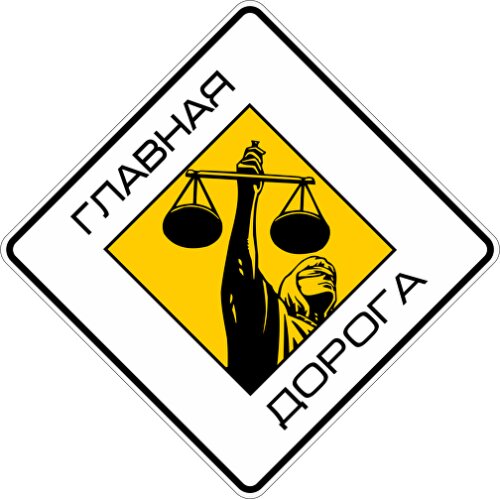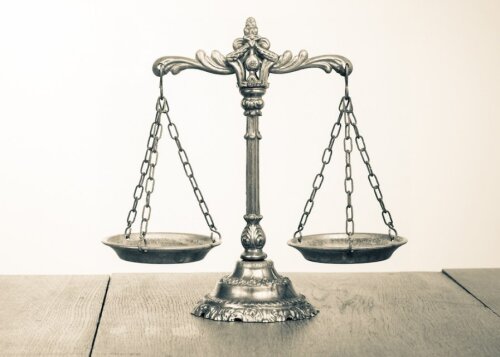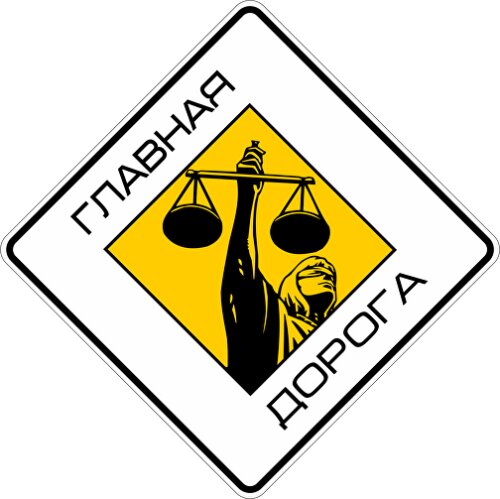Best Assault & Battery Lawyers in Russia
Share your needs with us, get contacted by law firms.
Free. Takes 2 min.
Or refine your search by selecting a city:
List of the best lawyers in Russia
About Assault & Battery Law in Russia
Assault and battery in Russia are considered violent offenses and are defined under the Russian Criminal Code. "Assault" typically refers to the act of causing physical harm or threatening such harm, while "Battery" signifies the actual physical act of violence. Russia takes these offenses seriously, and they can result in severe legal penalties. The intent and severity of the offense play crucial roles in determining the extent of punishment. Understanding the nuances of these laws is crucial for anyone involved in such cases.
Why You May Need a Lawyer
There are several common situations where an individual may require legal assistance regarding assault and battery charges in Russia:
- If you are accused of assault or battery and facing potential criminal charges, a lawyer can help defend your rights and present your case in the best possible light.
- If you are a victim of assault or battery, legal assistance can help ensure that justice is served and compensation for damages incurred may be received.
- Legal support is often necessary for navigating settlement negotiations or understanding complex legal terms and procedures.
- In cases where the alleged offender did not intend to cause harm but is still facing charges, a lawyer's expertise can be invaluable.
Local Laws Overview
The Russian legal system outlines several key elements relevant to understanding assault and battery:
- Under Russian law, assault can be classified as anything from a mere threat to physical violence that did not result in injury.
- Battery involves physical contact that results in harm or injury to another person.
- Penalties can range from fines to imprisonment, depending on the severity of the offense and the circumstances, such as prior criminal record and intent.
- Aggravated forms of assault and battery, such as those involving weapons or resulting in serious bodily harm, incur harsher penalties.
- Provocation by the victim can sometimes be a defense, but does not always mitigate the charges.
Frequently Asked Questions
What constitutes assault under Russian law?
Assault is characterized by an attempt or threat to inflict harm on someone, potentially with or without physical contact.
How is battery different from assault?
Battery involves actual physical contact that causes harm, whereas assault is the threat or attempt at harm without physical contact necessarily occurring.
Can assault charges be dropped in Russia?
Charges can potentially be dropped based on various factors such as insufficient evidence, or if the victim withdraws the complaint, although it ultimately depends on the prosecution.
What defenses are available in assault and battery cases?
Common defenses include self-defense, lack of intent, provocation, or mistaken identity.
What should I do if I'm arrested for assault or battery?
Immediately seek legal counsel. Do not discuss your case with authorities until an attorney is present to guide your responses and actions.
Are there different penalties for domestic assault and battery?
Yes, domestic violence cases are treated with particular seriousness, and the penalties can be more severe due to the relationship between the involved parties.
How can I protect myself legally as a victim of assault or battery?
Report the incident to authorities promptly, seek medical attention if needed, document all evidence, and consult a lawyer to navigate the legal proceedings.
Does Russia recognize self-defense in assault cases?
Yes, self-defense is a recognized legal argument, but it can be complex and often requires the assistance of a skilled attorney to prove its validity in court.
Can a minor be charged with assault or battery in Russia?
Yes, though the legal treatment of minors differs, and they may face different types of legal proceedings and penalties in accordance with juvenile law.
What is the statute of limitations for assault and battery charges in Russia?
The statute of limitations varies depending on the severity of the offense, ranging from two to fifteen years.
Additional Resources
For further assistance and resources, consider reaching out to:
- The Russian Ministry of Justice, which can provide information about legal proceedings and rights.
- Local legal aid clinics or organizations offering free or reduced-cost legal services.
- Non-governmental organizations focused on human rights that may offer assistance or guidance.
Next Steps
If you need legal assistance in matters relating to assault and battery, here are the suggested steps:
- Contact a legal professional who specializes in criminal law to assess your situation.
- Gather and preserve any evidence related to the incident, including photographs, witness information, and medical records.
- Research your rights and responsibilities within the Russian legal context.
- Stay informed about your case and actively engage with your legal counsel throughout the legal process.
Lawzana helps you find the best lawyers and law firms in Russia through a curated and pre-screened list of qualified legal professionals. Our platform offers rankings and detailed profiles of attorneys and law firms, allowing you to compare based on practice areas, including Assault & Battery, experience, and client feedback.
Each profile includes a description of the firm's areas of practice, client reviews, team members and partners, year of establishment, spoken languages, office locations, contact information, social media presence, and any published articles or resources. Most firms on our platform speak English and are experienced in both local and international legal matters.
Get a quote from top-rated law firms in Russia — quickly, securely, and without unnecessary hassle.
Disclaimer:
The information provided on this page is for general informational purposes only and does not constitute legal advice. While we strive to ensure the accuracy and relevance of the content, legal information may change over time, and interpretations of the law can vary. You should always consult with a qualified legal professional for advice specific to your situation.
We disclaim all liability for actions taken or not taken based on the content of this page. If you believe any information is incorrect or outdated, please contact us, and we will review and update it where appropriate.
Browse assault & battery law firms by city in Russia
Refine your search by selecting a city.













